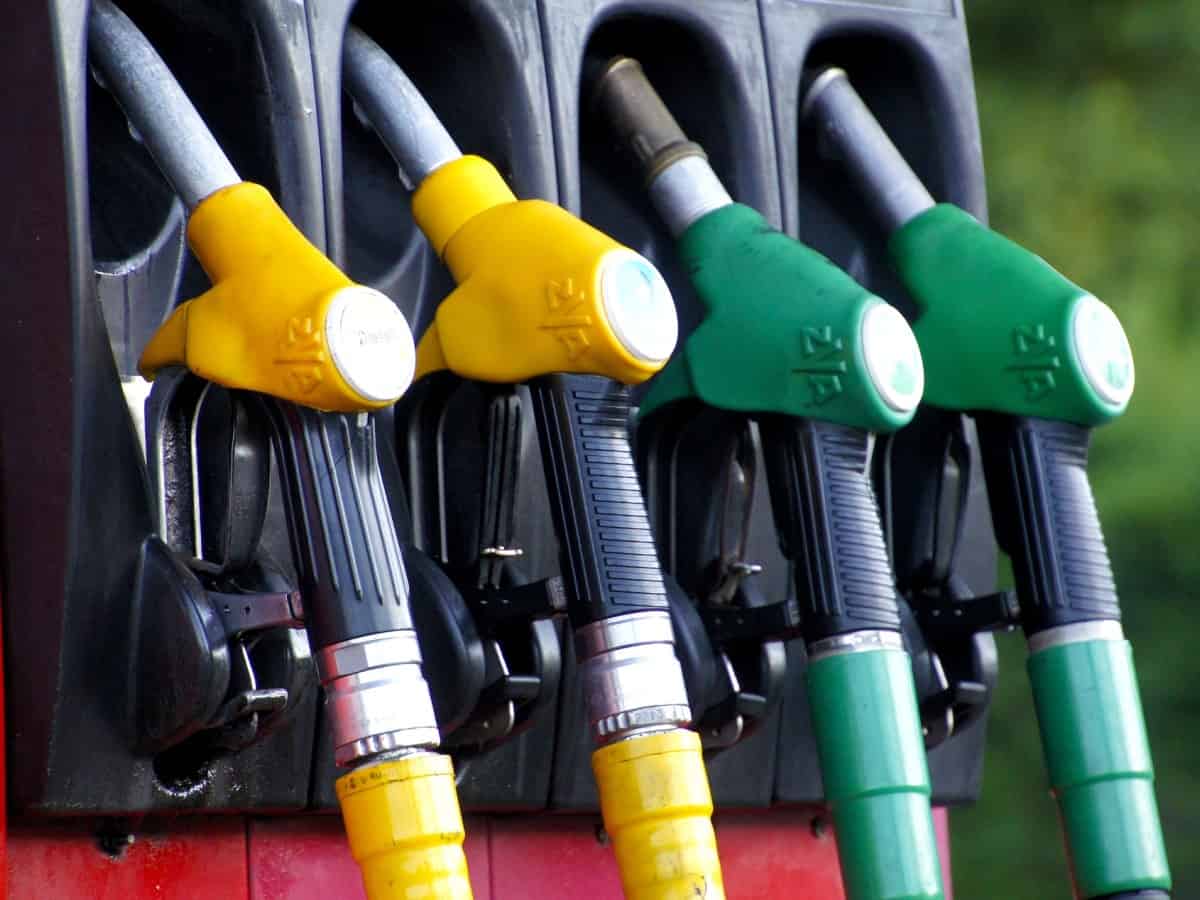
Islamabad: Even as the cash-strapped economy of Pakistan has taken a massive toll on the lives of its citizens, adding up to their struggles, miseries and sufferings with consistent rise in inflation, now the government is gearing up to announce another major increase in petrol prices.
With Eid-ul-Fitr only ten days away, the government has received a summary of increasing the price of petrol by at least Rs 10-11 per litre for the next fortnight.
Government sources maintain that the increase in fuel price will be announced on Sunday. The hike is due to the higher import premium and global prices, the government sources said.
“Petrol prices are likely to go up. But price of another key fuel, high-speed diesel (HSD) is likely to drop by up to Rs 2 per litre,” said a government source.
“Import price of petrol has increased by about $4 per barrel, and its import premium has further gone up to $13.5 per barrel from $12.5 a fortnight ago because of the geopolitical situation. Therefore, the price of petrol is estimated to rise up by Rs.10-11 per litre, depending on the final exchange rate calculation,” said Khaleeq Kiani, an economic expert.
The latest expected increase will take petrol price to more than Rs 290 per litre.
“Last year, the working class and common man paid more taxes then all the industries combined. And again, the government wants to put more burden on people with fuel price hike,” said a local resident of Islamabad.
“I want to ask the government to please tell me on how should I run my household and expenses of my children? I run a auto-rickshaw every day and make an average earning of Rs 800 to 1000 every day. Now when they increase the fuel prices, my earning will shrink further. Without fuel, I cannot run my auto-rickshaw. And with ending up with daily earning of less than Rs 800, my family will be forced to eat once a day only,” said a local auto-rickshaw driver from Rawalpindi.
“We used to buy groceries for a month before. Now, it has come down to 15 days. And due to inflation and high prices of basic items, we have had to compromise on many things,” said another local in Islamabad.
“We come from middle class families, who manage their own selves and families in the best way possible. And today, the middle class is the worst sufferer from the inflation. We cannot go out to beg on the roads, we cannot list ourselves among families below the poverty line and take aids, we try to hide our problems behind our white gentlemen collars and try to work more and harder. But it seems that these politicians keep their eye closed on the middle class category of Pakistan,” said a local in Islamabad who has not been paid his salary for the past five months and is facing difficult times.
